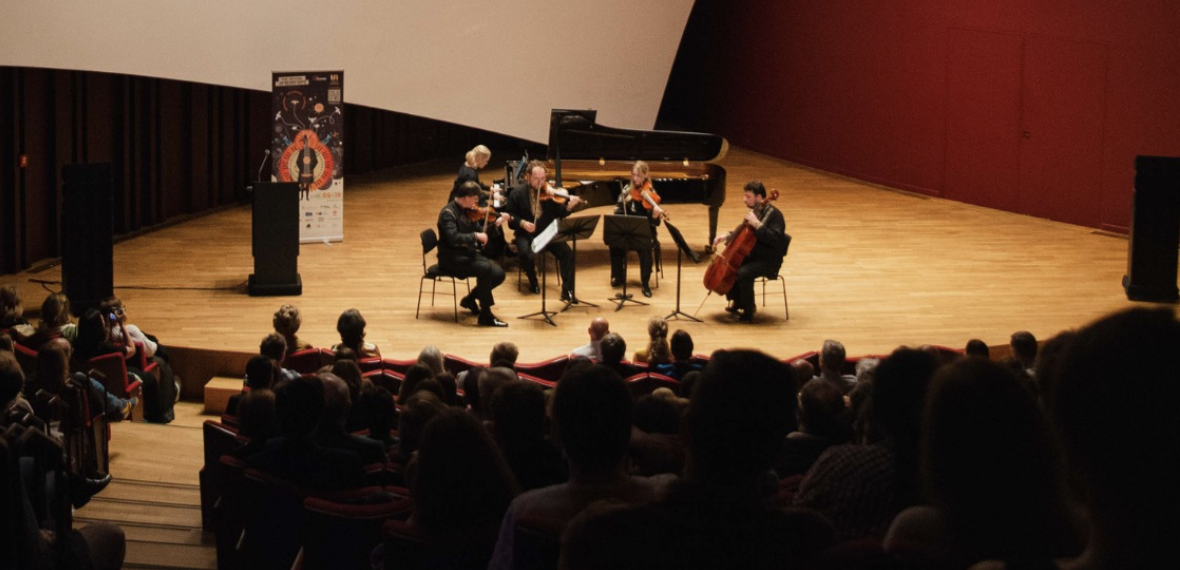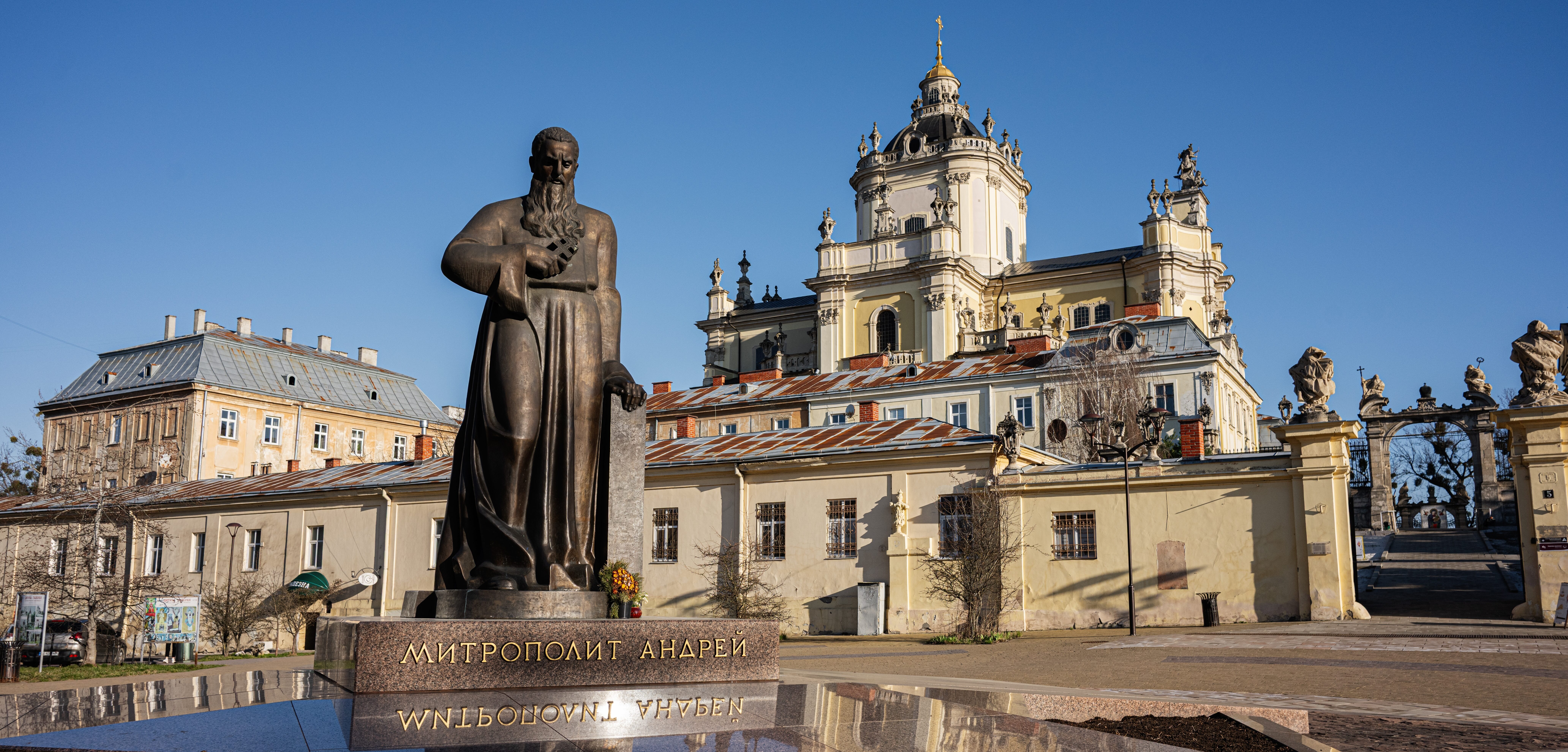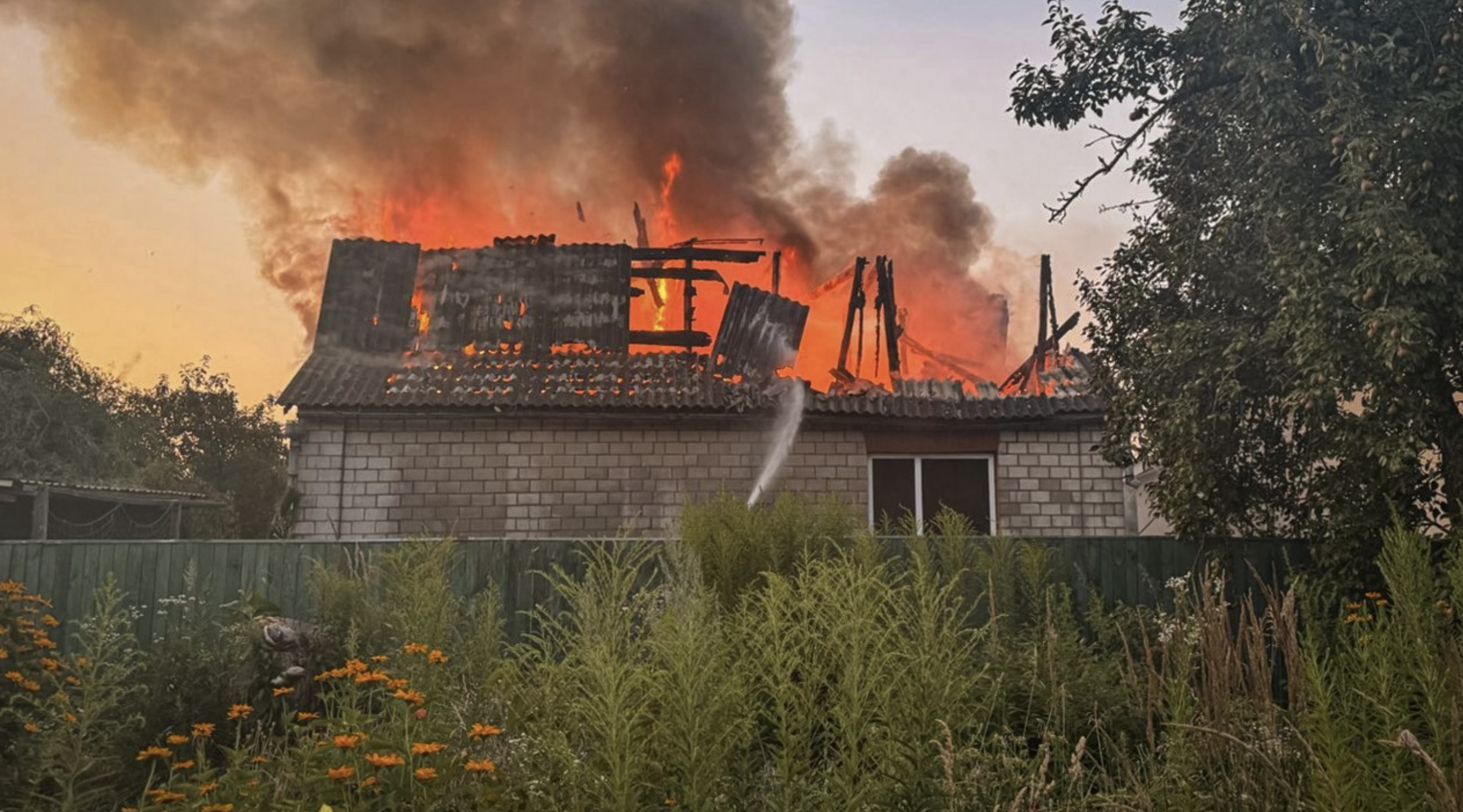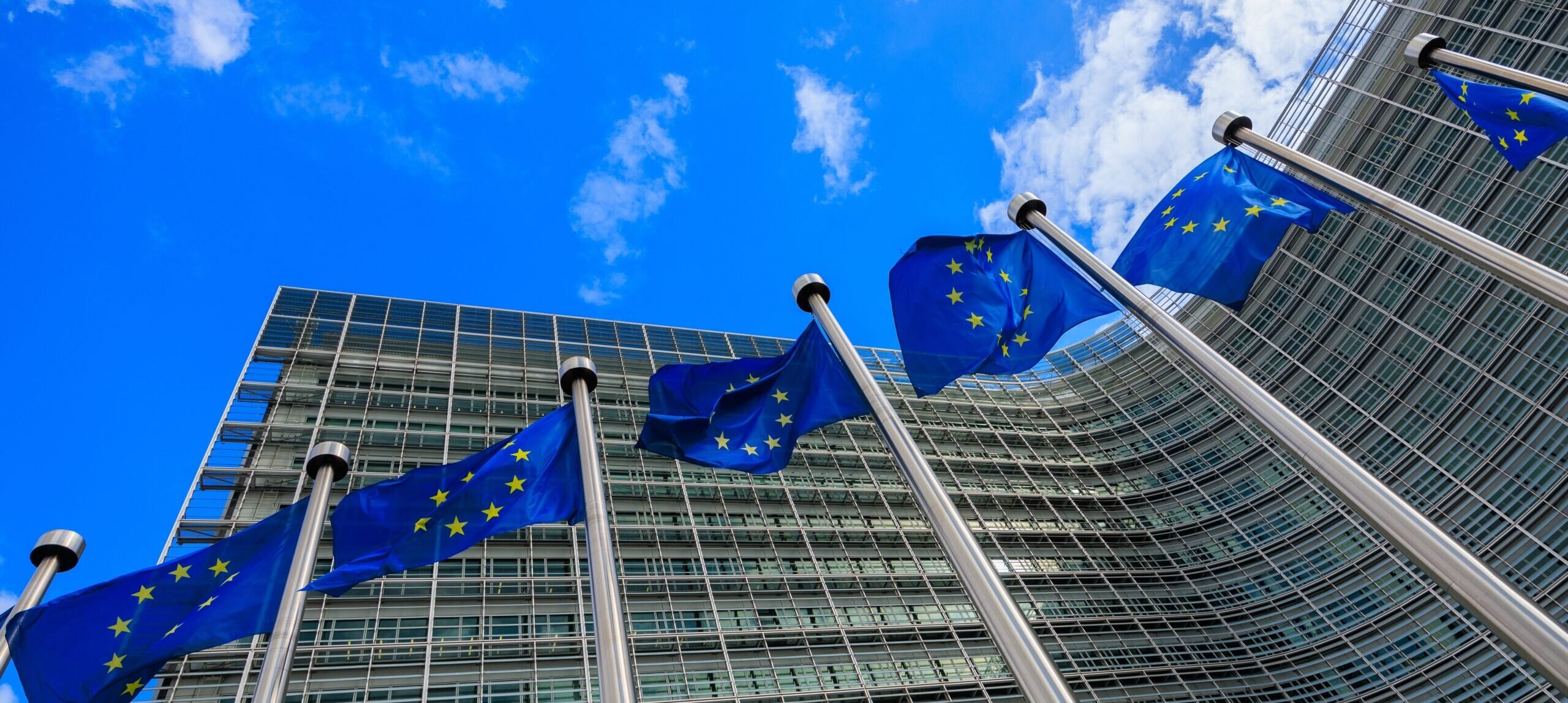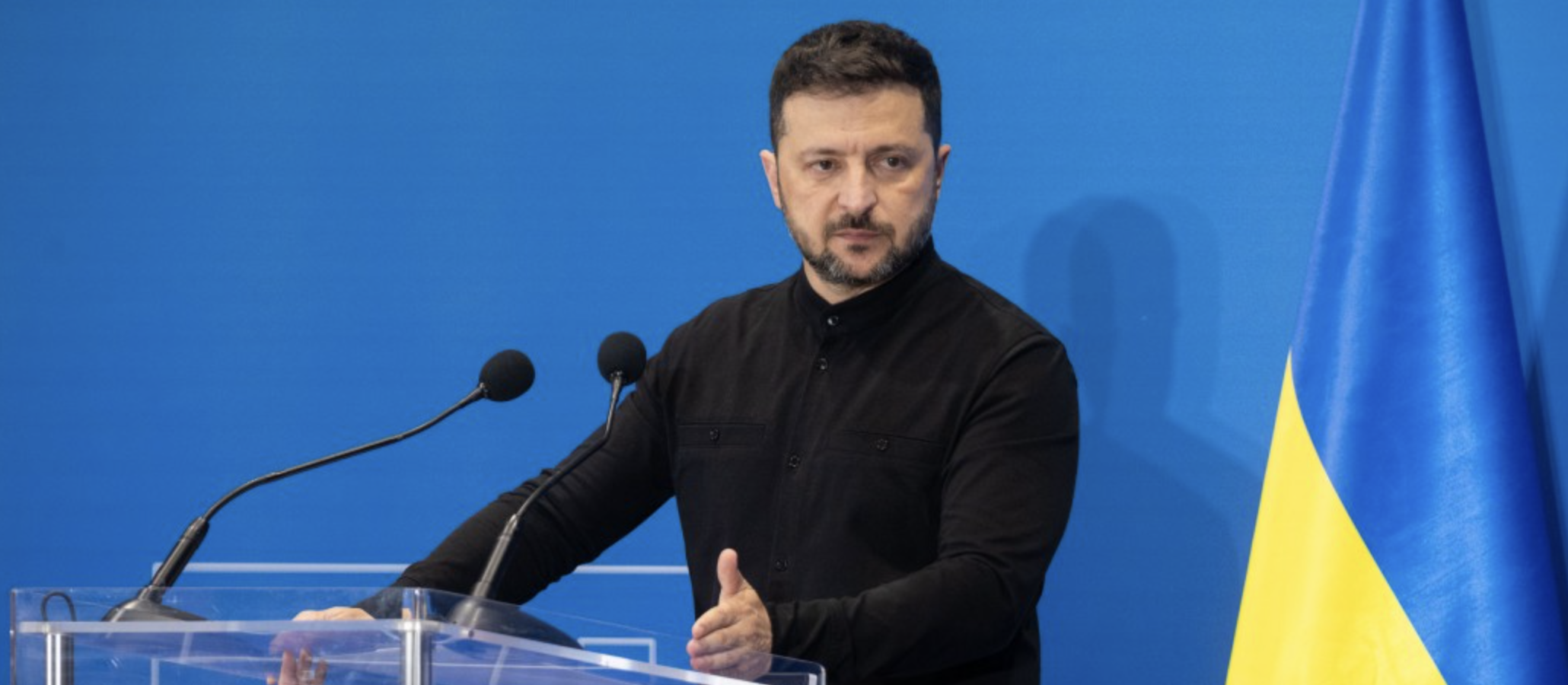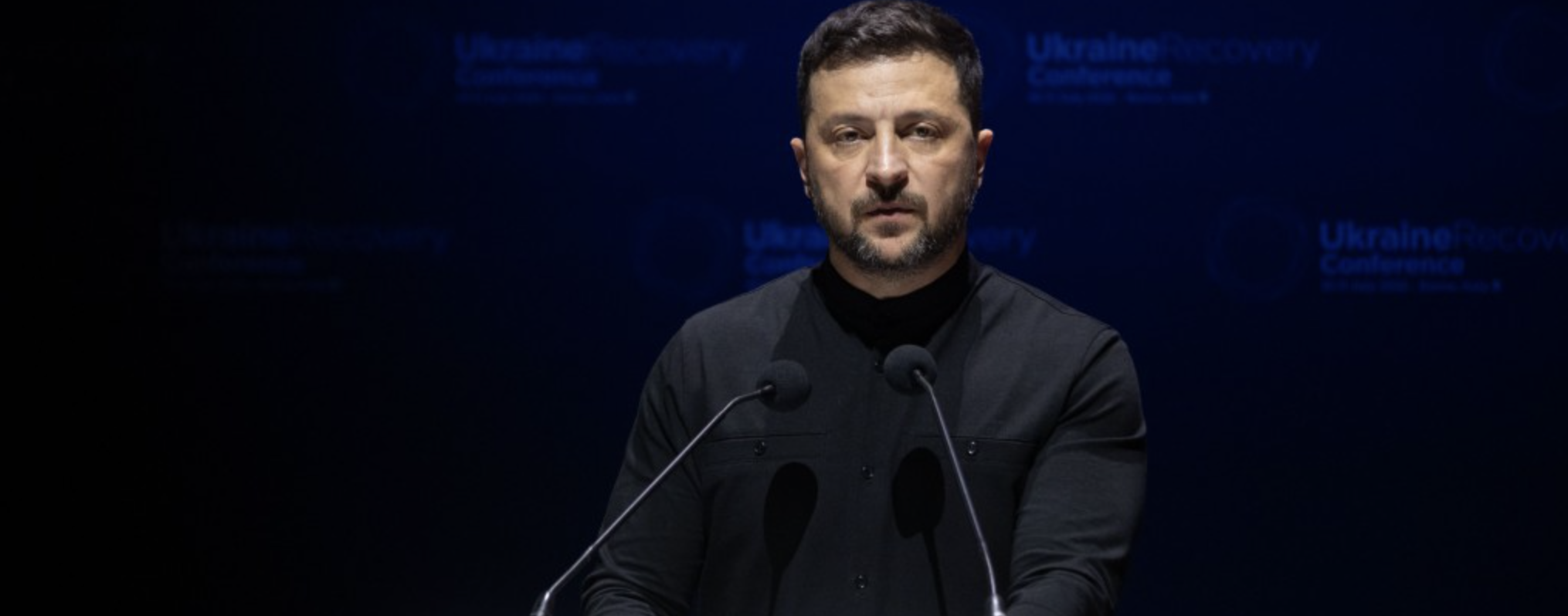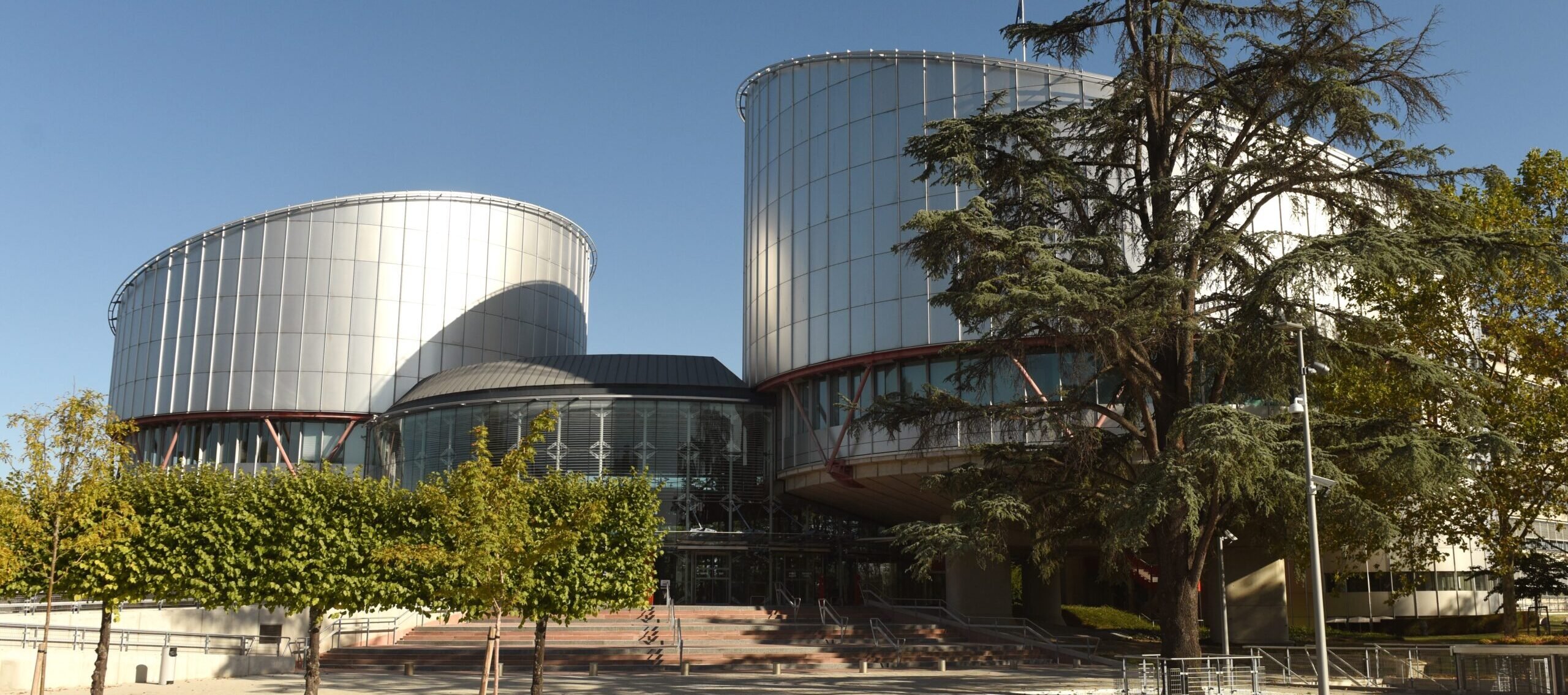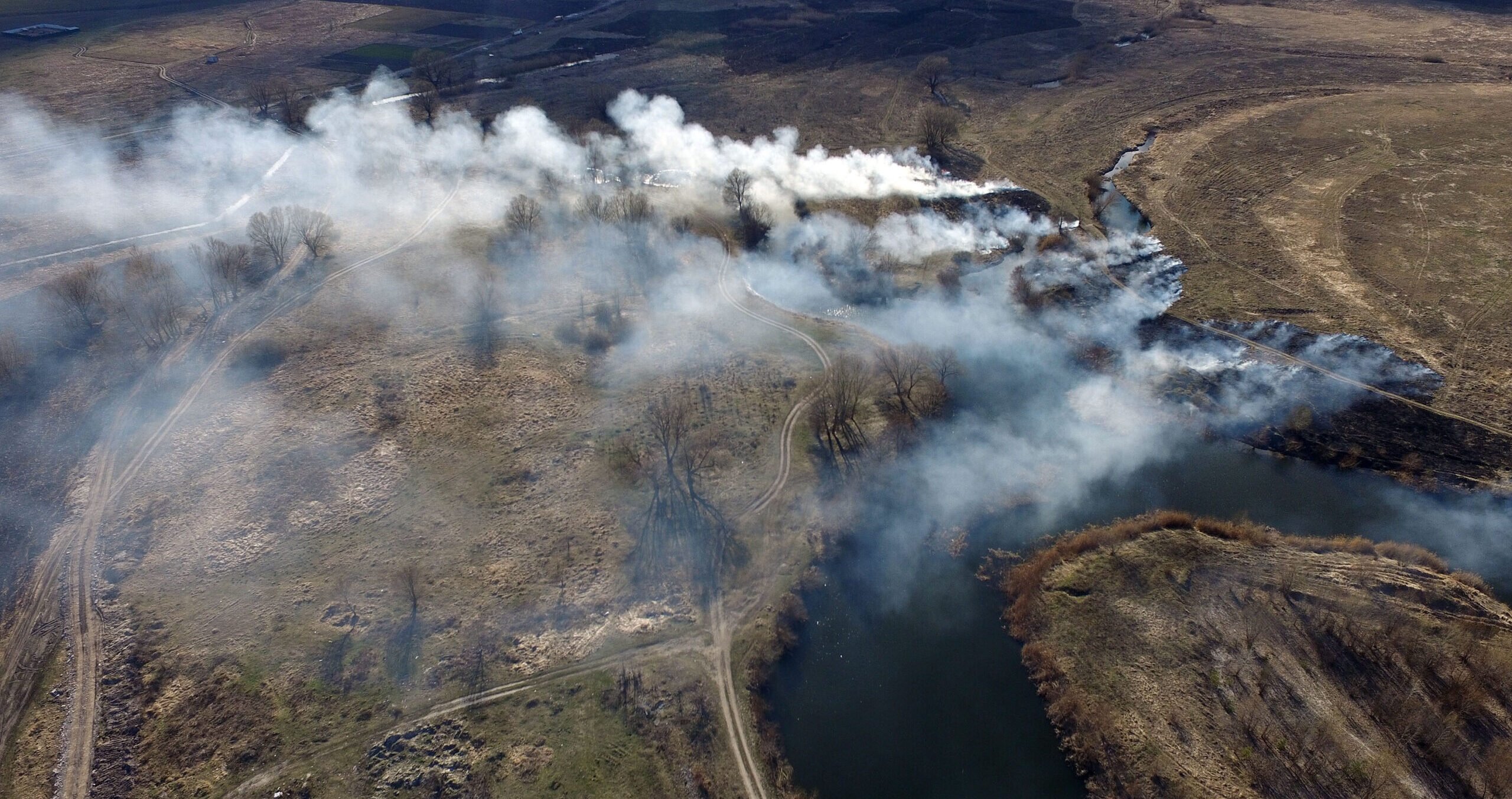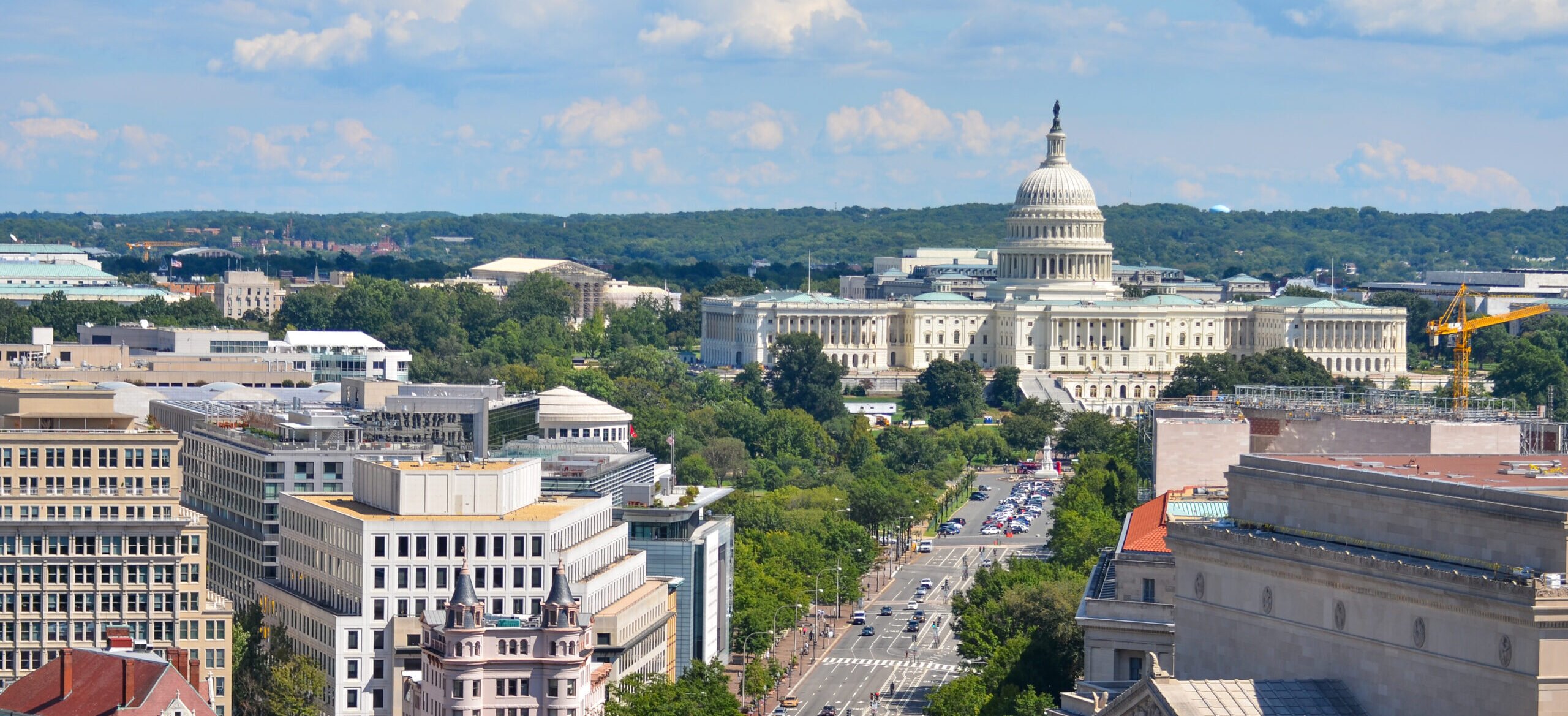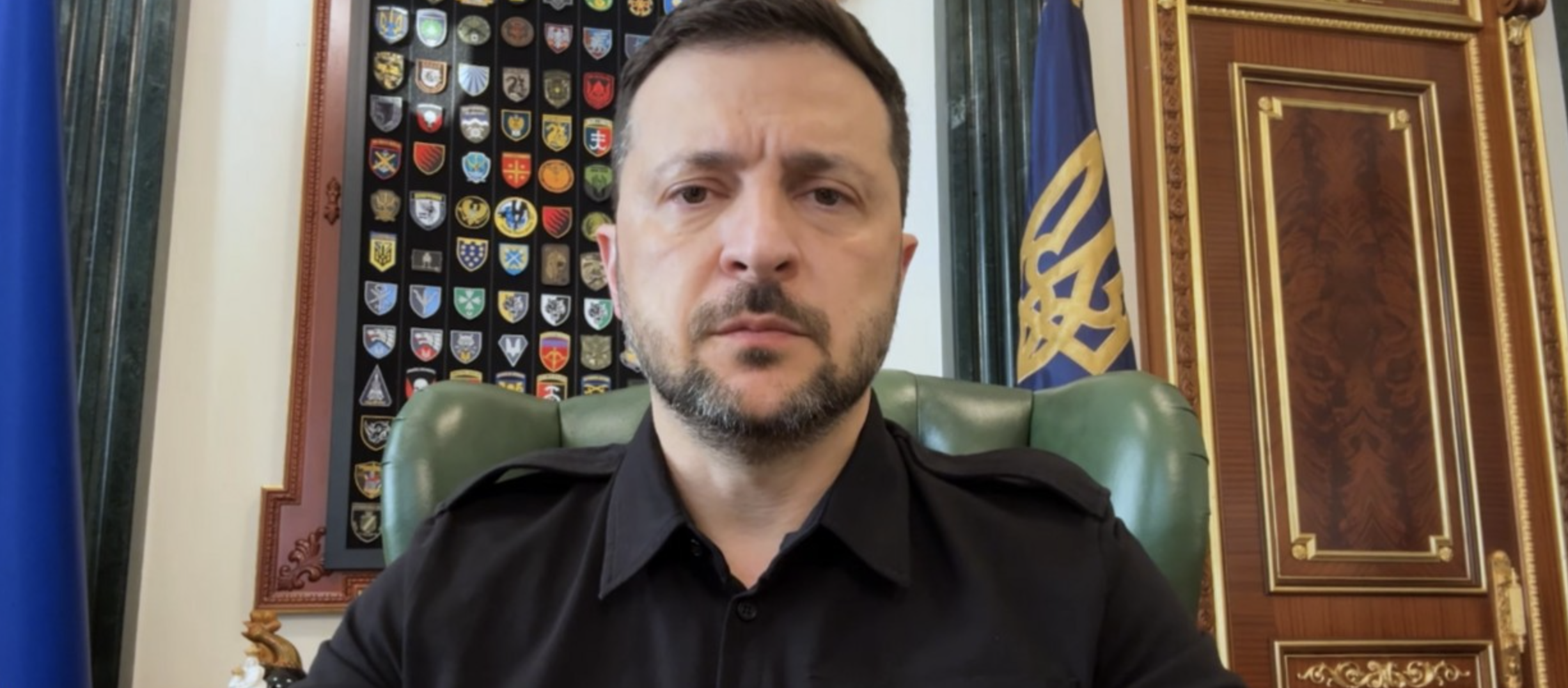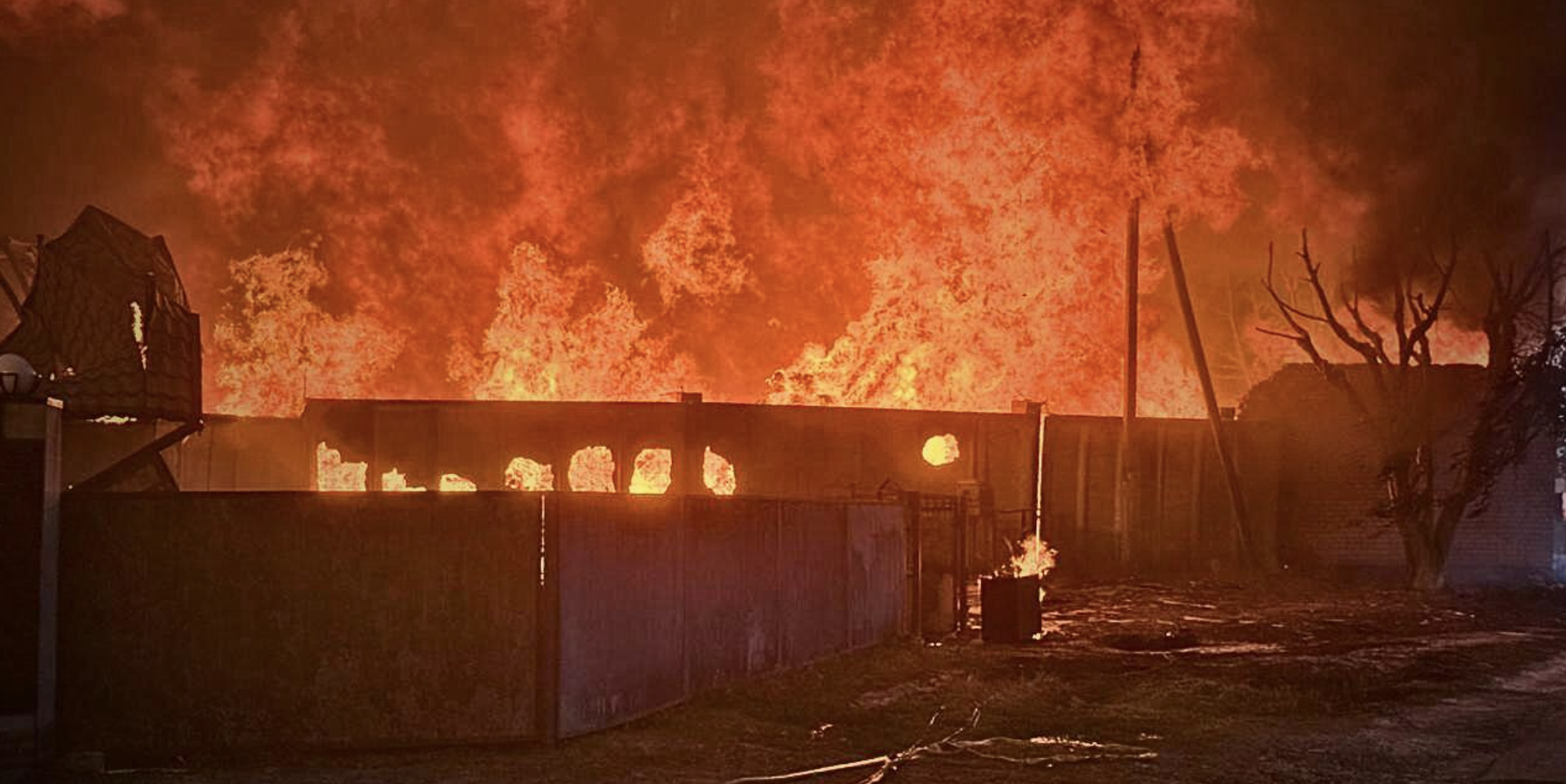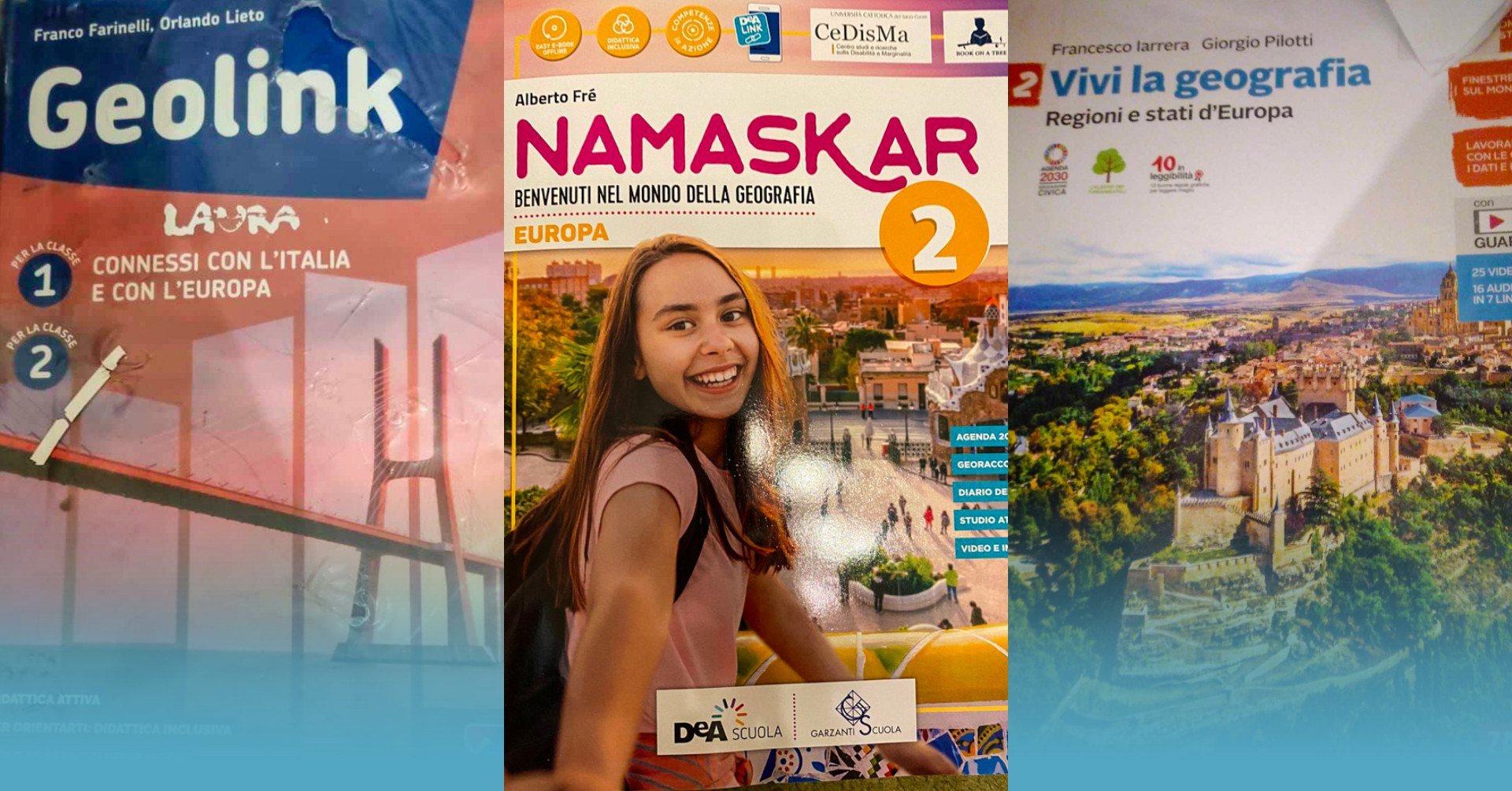
The Ukrainian community in Italy is conducting a campaign against pro-Russian school textbooks. The Ukrainian publication LB.ua analyzed statements from Ukrainian activists and a series of Italian history textbooks. Journalist Iryna Kashchei found that the textbooks contain a significant number of Kremlin narratives and, overall, distorted information about Ukraine and Russia’s aggression.
“I have school textbooks on geography in front of me. However, they also talk about history. Ancient and not so ancient. They tell it like this: Rus is not Kyivan but Russian, Kyiv is the capital of the first Russian territory, communism is good, Crimea left Ukraine on its own, in Ukraine, the eastern regions are at war with the western ones…” writes Kashchei.
In some textbooks, Crimea is marked as Russian. “Shall we read? Geografia ieri e oggi (‘Geography yesterday and today’), P. Cadorna, publisher La Scuola. Ukrainian Lombardy activist Mariana Trofymova drew attention to this and similar textbooks. Rus is portrayed not as Kyivan, with a note about its founding by the Varangians opening the chapter about Russia, where we learn that Russia currently has a ‘very developed market economy.’ However, it is ‘burdened by certain sanctions imposed by the US and the EU.’ What happened that they imposed them? The author doesn’t say a word about it.
Regarding Crimea, it is written: ‘The Crimea Peninsula was annexed by Russia in 2014 in a referendum, the validity of which, however, was not recognized by Kyiv alone.’ Only by Kyiv? So, Crimea is marked as Russian on the map, and Ukraine is depicted without it,” writes the journalist.
Two years ago, activist Tetiana Bezruchenko drew media and the attention of the Embassy of Ukraine in Italy to another textbook that mentioned, “Russia, together with Belarus, Ukraine, the Baltic States, Moldova, and part of the Caucasus, forms the ‘Russian region,’ and Kyiv, allegedly, is the ‘third-largest city in the Russian region after Moscow and St. Petersburg.”
“The publisher allegedly listened and made corrections. So, we read the new edition, 2022, corrected (!). The ‘Russian region’ is gone, but… The territory of Russia is calculated together with the annexed Crimea, accordingly, the Russian Federation has 85 federal subjects, including Crimea and Sevastopol. And in the accompanying text, Alberto Fré insists that ‘two eastern Ukrainian provinces’ should be added to this. The annexation of Crimea, for some reason, is marked with the dates 2014–2022 (have we already liberated it?), and it is stated that it was not recognized by Kyiv or the international community. Also, without explanations – what happened, why they don’t recognize… As for Donetsk, it turns out to be the capital of the self-proclaimed DNR, which somehow separated from Ukraine. And we have eastern and western regions fighting each other. Understandable, Italian students? Putin is not involved at all; Ukrainians are shooting at themselves,” writes Kashchei.
“In Italy, middle school is mandatory, so children must learn and discuss information from these textbooks in class. The Ministry of Education does not control textbook texts. This is related to the fascist period in the country’s life when there existed a ‘single correct text,’ thoroughly checked and approved by the ministry – so now Italy has established complete freedom for textbooks.
“So the author writes it (it doesn’t have to be a university professor, it can be an ordinary school teacher), proposes it to the publisher, the publisher prints it, and schools, at their meetings, decide whether to study with one textbook or another – and that’s it. Very democratic. And… very vulnerable. Because, as we see, propaganda from an unfriendly state is briskly and freely stepping through this democratic channel,” explains the journalist.
Now, the Ukrainian community is analyzing the texts, writing appeals to publishers; some activists speak to students at the invitation of individual enthusiastic teachers, says Kashchei.
“The Embassy of Ukraine and the Association of Ukrainian Studies in Italy are also trying to reach out to individual publishers. But this problem is too broad to be solved by a point-by-point method. Something more massive is needed for this scale,” concludes Kashchei.
Read the full text at the link.
Photo: Lb.ua’s collage
